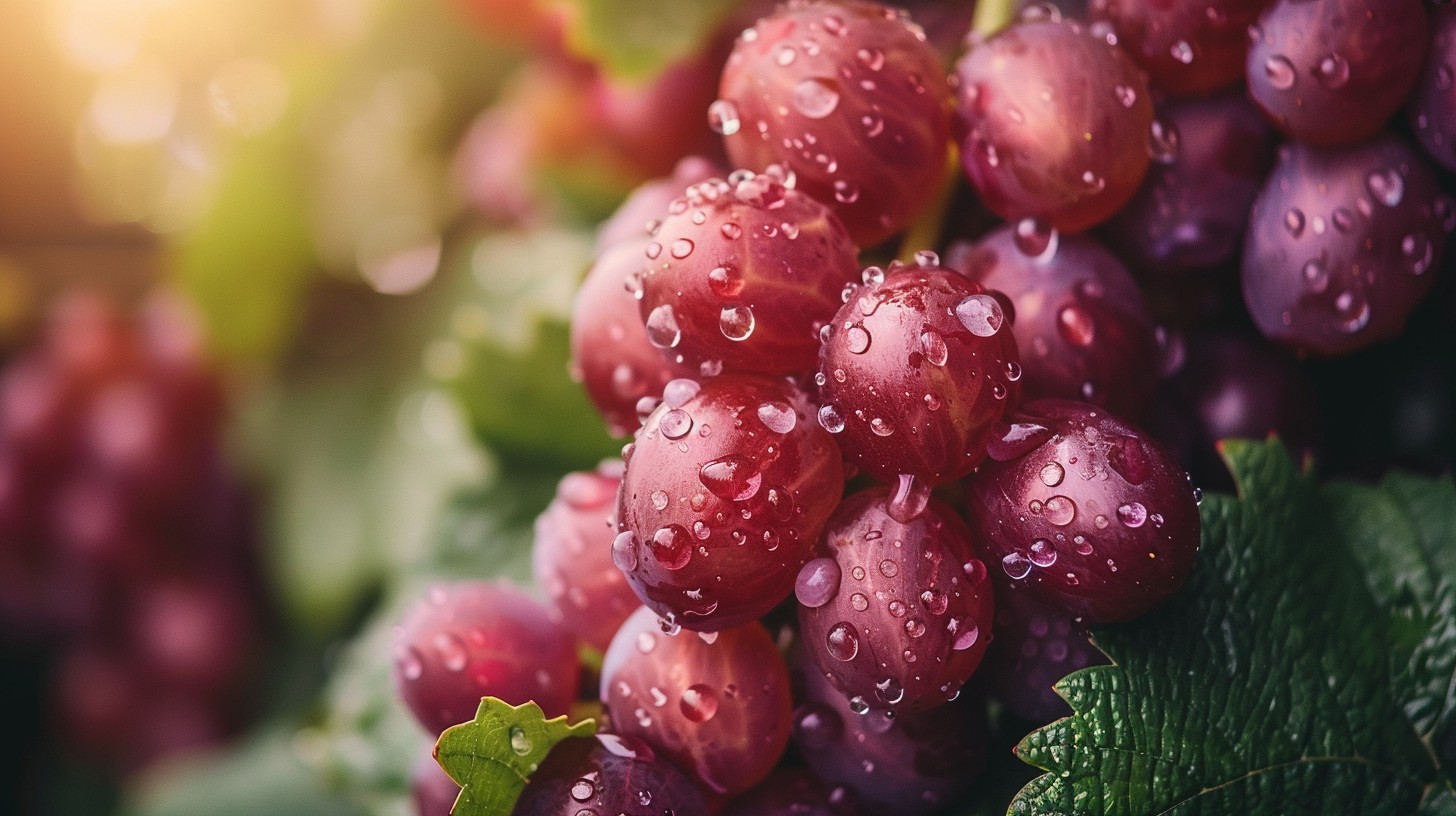With help from Google’s AI assisting my own internet research, I’ve discovered a few things. In today’s language wine, by definition, is fermented grape juice. But- and anyone can look this up- the term “wine” used in the King James Version of the Bible (upon which modern versions are based) referred to both non-alcoholic as well as alcoholic beverages.
The story of the wedding at Cana is contained in the Gospel of John, which was written in Greek. The Greek word “oinos” was the one used for the beverage made from water by Jesus near the end of the celebrations. Oinos has 2 different meanings. It refers to both non-intoxicating (alcohol free) fruit juice and it also means the fermented, alcohol-based drink commonly know as wine. “Oinos” refers to both grape juice and fermented wine. For example, the word “bark” can refer to the outer layer of wood on a tree, or it can mean the sound a dog makes. “Park,” can refer to a place full of trees, grass and swings, or it can mean the thing you do with a car once you arrive at your destination. Many Greek words in the Bible have two or more meanings; anothen can mean “anew” or “again” or “from above.” The Greek word charis can mean “grace”, “favor”, or “gift”.
In a June 2023 statement, the World Health Organization referred to alcohol as an established (meaning there is no doubt about it) cancer causing agent that increases the risk of several cancers, like breast, liver, head and neck. It contains ethanol which is a toxic substance that can cause dependence. 400 million people worldwide live with alcohol use disorders.
Biblical fermented wine was thick, harsh, and contained a great deal of sediment with a syrup-like consistency. Israeli wine from that era was notoriously bad tasting, so flavorings like honey, berries and even pepper would often be added to it to make it more palatable. It seems very unlikely that Jesus would come at the tail end of a week long event where people had been drinking alcohol regularly, only for Him to make even more alcohol to make everyone even more drunk, especially when He is the author of the Bible that contains over 70 Scripture warnings against drinking alcohol or getting drunk [crosstheology.wordpress.com]. Would Jesus make a beverage that causes cancer, liver failure, mental health disorders, high blood pressure, gastritis, and fetal alcohol syndrome? Would He, through this miracle, wish to encourage future generations to drink something that would come to be one of the leading causes of accidental death and addiction? I doubt it.
EGW definitely had a valid point when she wrote that the “wine” (aka, “oinos”) Jesus made for the Cana wedding was unfermented grape juice, and she always encouraged people to avoid alcohol because she wanted them to be healthy and mentally sound. Following this advice is one of the things that helps keep Seventh-day Adventists fit enough to maintain Blue Zone status.

